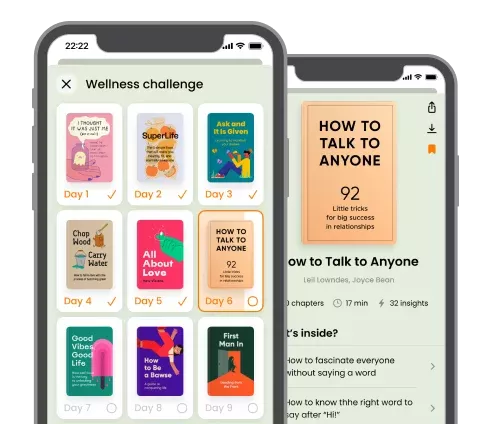18 Best Books About Public Health
Discover a wide range of books about public health, covering topics like epidemiology, healthcare systems, and disease prevention.
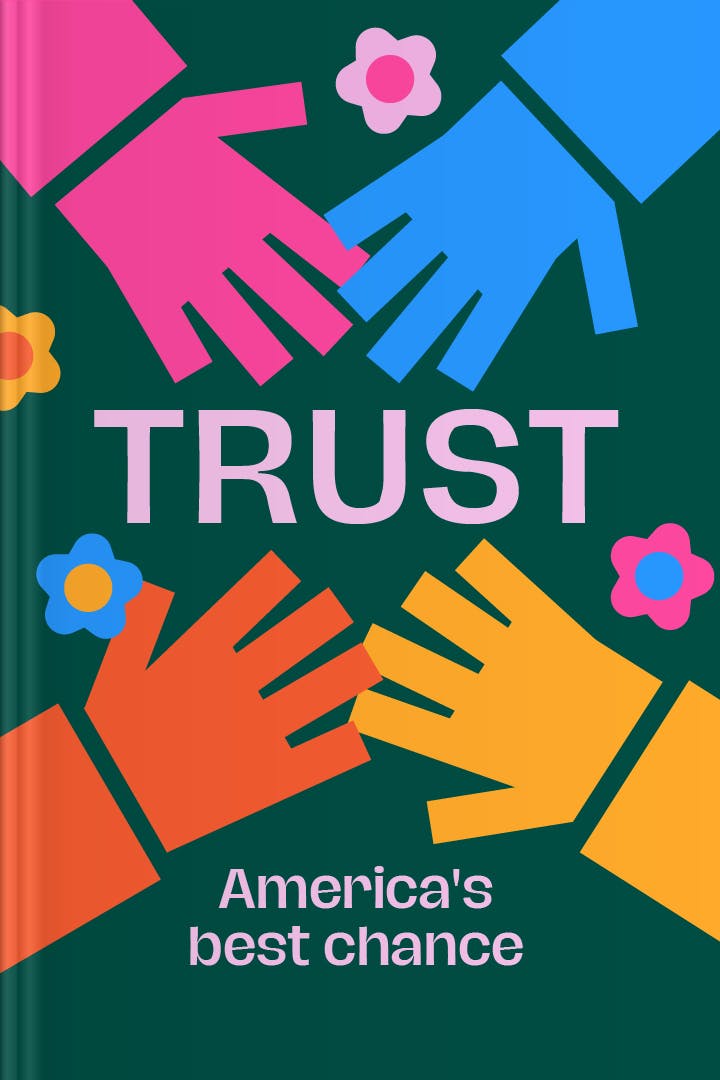 1
1Trust
by Pete Buttigieg
What is Trust about?
In "Trust: America's Best Chance," the author delves into the importance of trust in rebuilding and strengthening the United States. Pete Buttigieg explores how trust is the foundation for progress, unity, and effective governance. Drawing from his own experiences as a former mayor and presidential candidate, Buttigieg offers insightful perspectives on how trust can be restored in a divided nation, ultimately presenting a compelling vision for a more inclusive and prosperous America.
Who should read Trust
Citizens seeking a fresh perspective on rebuilding trust in America.
Political enthusiasts interested in Pete Buttigieg's vision for trust.
Individuals looking for practical solutions to restore faith in democracy.
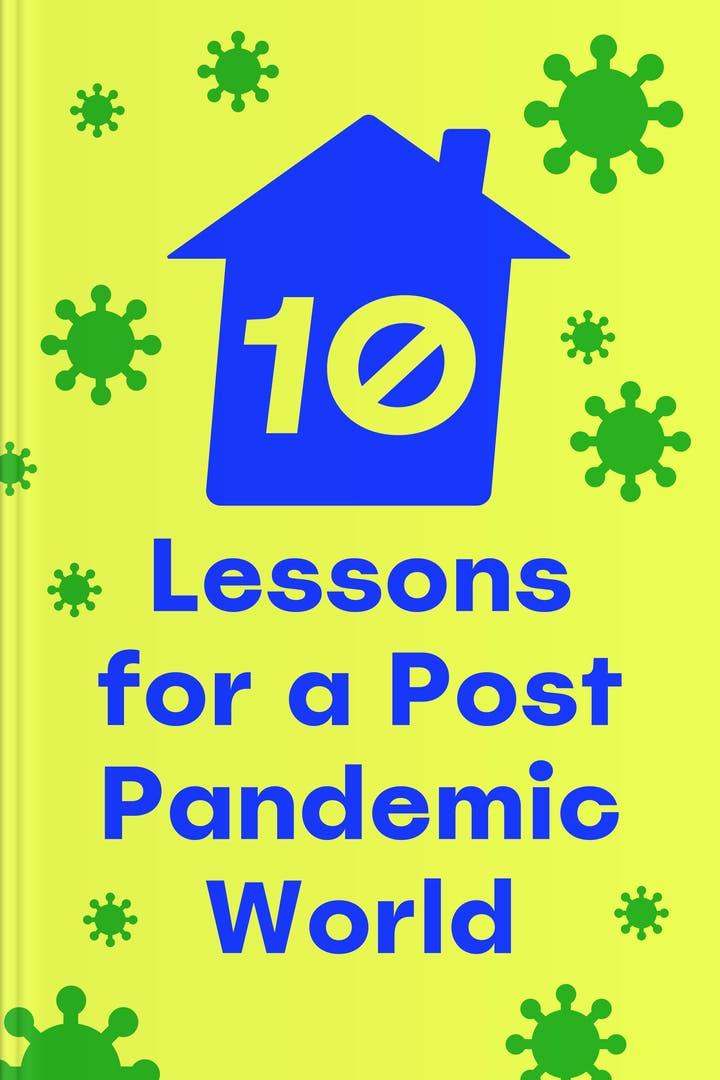 2
2Ten Lessons for a Post-Pandemic World
by Fareed Zakaria
What is Ten Lessons for a Post-Pandemic World about?
In this thought-provoking book, a renowned author and journalist offers invaluable insights into the challenges and opportunities that lie ahead in a post-pandemic world. Through ten compelling lessons, he explores the impact of the pandemic on various aspects of our lives, including politics, technology, and globalization. With a keen eye for detail and a global perspective, the author provides a roadmap for navigating the uncertain future and building a more resilient and inclusive world.
Who should read Ten Lessons for a Post-Pandemic World
Individuals seeking a comprehensive understanding of the global impact of pandemics.
Policy makers and leaders looking for insights on navigating post-pandemic challenges.
Students and academics interested in analyzing the societal implications of pandemics.
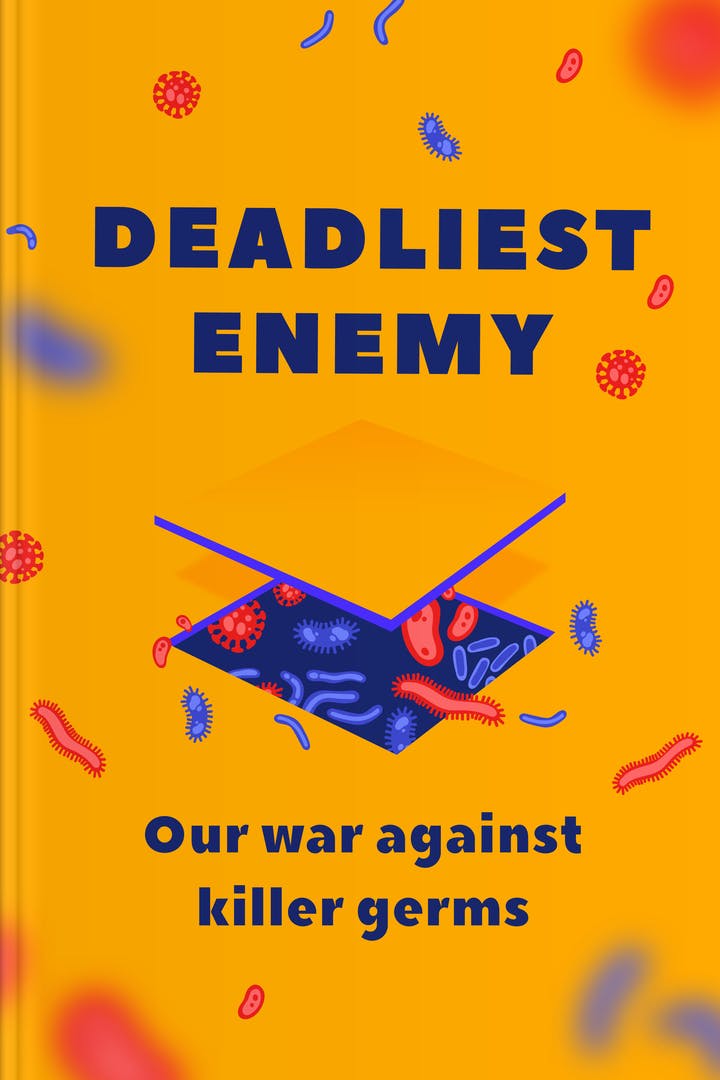 3
3Deadliest Enemy
by Michael T. Osterholm, Mark Olshaker
What is Deadliest Enemy about?
"Deadliest Enemy: Our War Against Killer Germs" is a compelling and eye-opening book that delves into the urgent and ongoing battle against infectious diseases. Written by Michael T. Osterholm and Mark Olshaker, this thought-provoking work explores the history, challenges, and potential future threats posed by deadly germs. With a focus on public health, the authors provide valuable insights and strategies to combat these invisible adversaries, emphasizing the importance of preparedness and global cooperation.
Who should read Deadliest Enemy
Medical professionals seeking to understand and combat infectious diseases.
Public health officials and policymakers concerned with global health threats.
General readers interested in the science and history of infectious diseases.
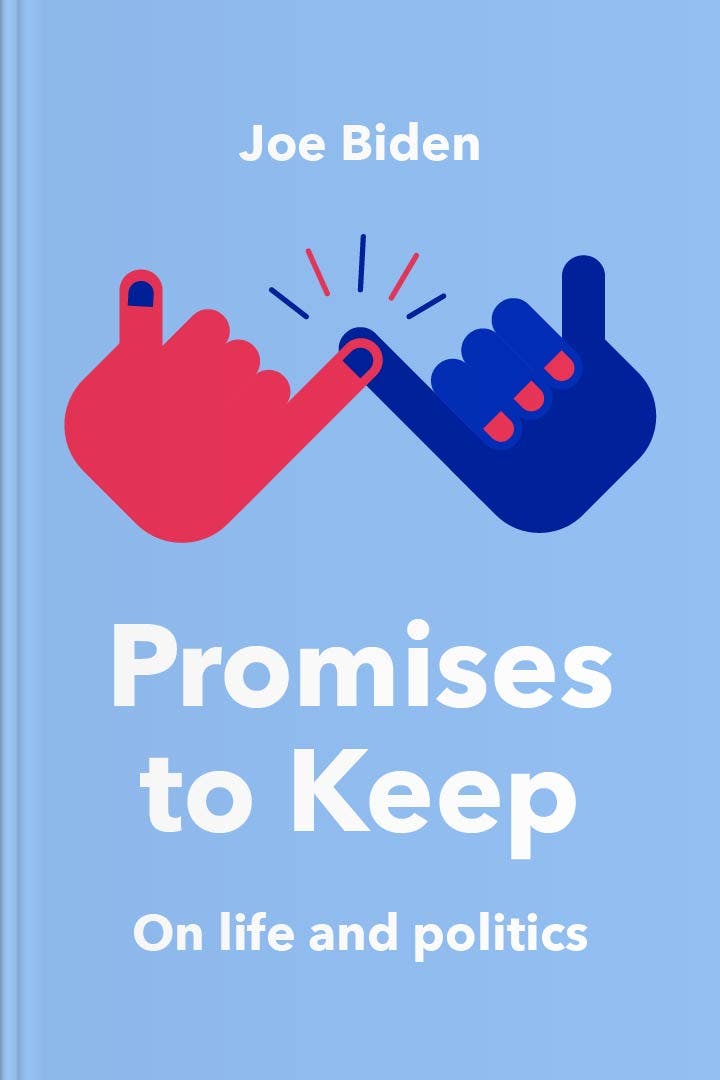 4
4Promises to Keep
by Joe Biden
What is Promises to Keep about?
In this compelling memoir, the author reflects on his life and political career, offering a unique perspective on the challenges and triumphs he has faced. From his humble beginnings to his time as Vice President of the United States, Joe Biden shares personal anecdotes and insights into the world of politics. With a focus on the importance of integrity and empathy, this book is a testament to his enduring commitment to public service.
Who should read Promises to Keep
Political enthusiasts seeking insights into Joe Biden's life and career.
History buffs interested in understanding the political landscape of America.
Individuals curious about the personal experiences and values that shaped Joe Biden.
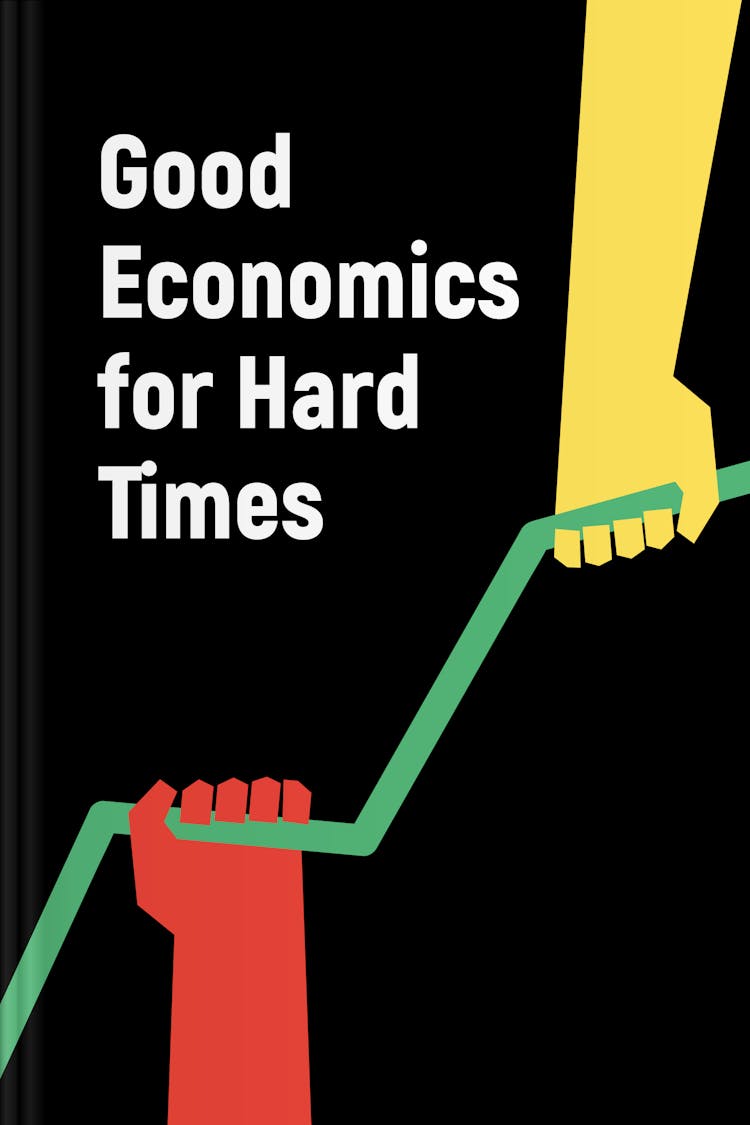 5
5Good Economics for Hard Times
by Abhijit V. Banerjee, Esther Duflo
What is Good Economics for Hard Times about?
"Good Economics for Hard Times" offers a fresh perspective on the pressing issues of our time, such as inequality, immigration, and climate change. Written by two Nobel laureates in economics, this book presents evidence-based solutions to tackle these challenges, debunking common myths and providing practical insights. With a focus on real-world problems and the impact on everyday people, it offers a compelling and accessible analysis of how economics can shape a better future for all.
Who should read Good Economics for Hard Times
Economists and policymakers seeking evidence-based solutions for challenging times.
Individuals interested in understanding the impact of economics on everyday life.
Students and academics studying the intersection of economics and social issues.
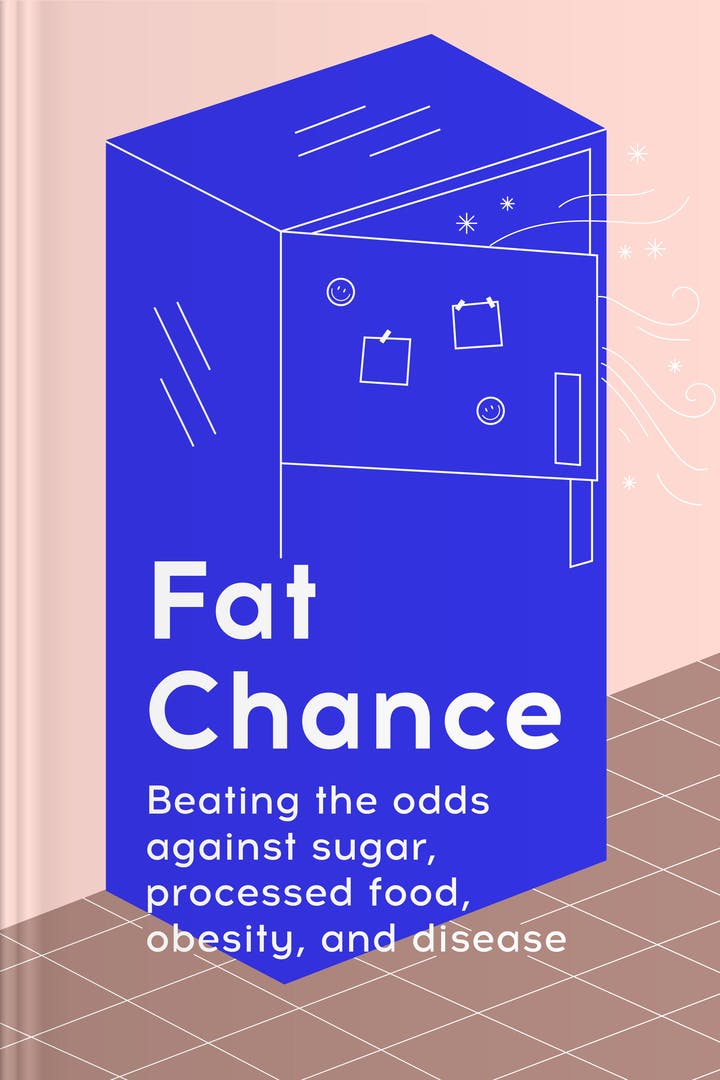 6
6Fat Chance
by Robert H. Lustig
What is Fat Chance about?
In this eye-opening book, a renowned medical expert delves into the detrimental effects of sugar and processed food on our health. With compelling evidence and scientific research, the author exposes the alarming rise of obesity and chronic diseases in our society. Offering practical advice and strategies, he empowers readers to break free from the grip of sugar addiction and make healthier choices for a better future.
Who should read Fat Chance
Health-conscious individuals seeking to understand the detrimental effects of sugar and processed food on their well-being.
Medical professionals and researchers interested in exploring the link between sugar consumption
obesity
and disease.
Individuals struggling with weight management and seeking practical strategies to overcome sugar addiction and improve their health.
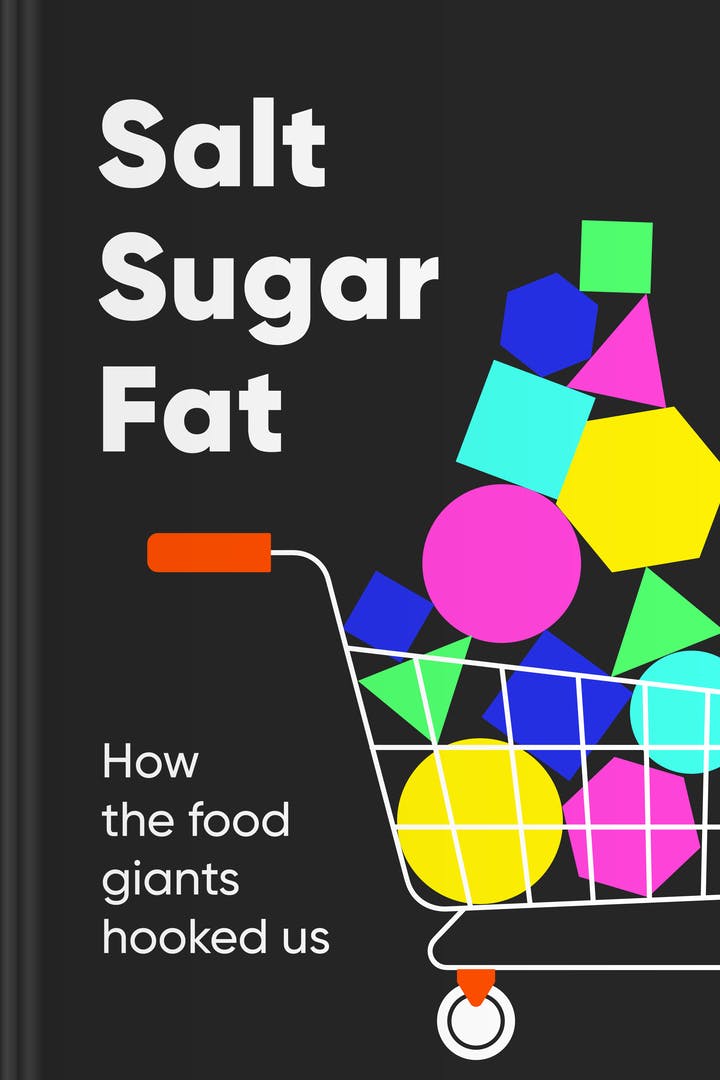 7
7Salt, Sugar and Fat
by Michael Moss
What is Salt, Sugar and Fat about?
In this eye-opening book, the author delves into the world of processed food and reveals the manipulative tactics employed by food industry giants. Michael Moss uncovers the addictive nature of salt, sugar, and fat, and how these ingredients are intentionally used to hook consumers. Through extensive research and interviews, he exposes the detrimental effects of these products on our health and provides insight into the strategies employed by the food industry to keep us coming back for more.
Who should read Salt, Sugar and Fat
Health-conscious individuals seeking to understand the manipulative tactics of food corporations.
Nutritionists and dietitians looking to gain insight into the food industry's impact on public health.
Consumers interested in making informed choices about their food purchases.
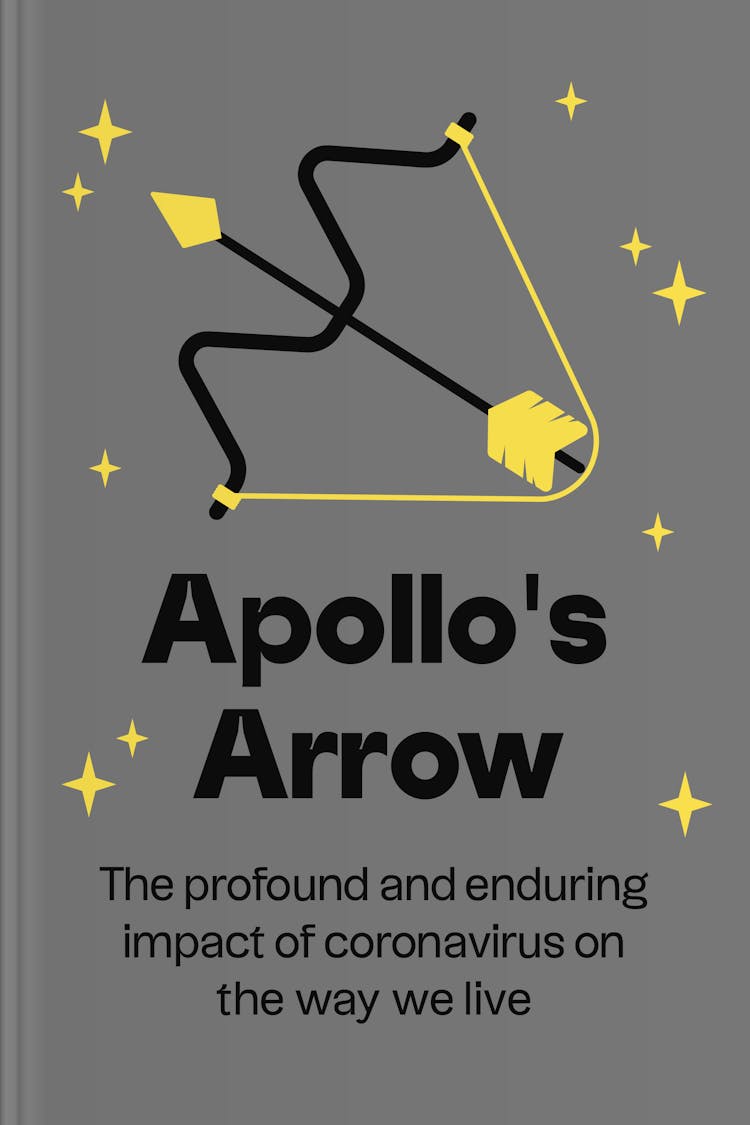 8
8Apollo’s Arrow
by Nicholas Christakis, Ph.D.
What is Apollo’s Arrow about?
In this thought-provoking book, a renowned scholar explores the profound and lasting effects of the coronavirus pandemic on our lives. Drawing on historical examples and scientific insights, the author delves into the social, political, and cultural transformations triggered by the virus. From the impact on our relationships and behavior to the reshaping of institutions and economies, "Apollo's Arrow" offers a compelling analysis of how COVID-19 has forever altered the way we live.
Who should read Apollo’s Arrow
Individuals interested in understanding the long-term societal implications of COVID-19.
Public health professionals seeking insights into the future of pandemics.
Sociologists and anthropologists studying the effects of global crises.
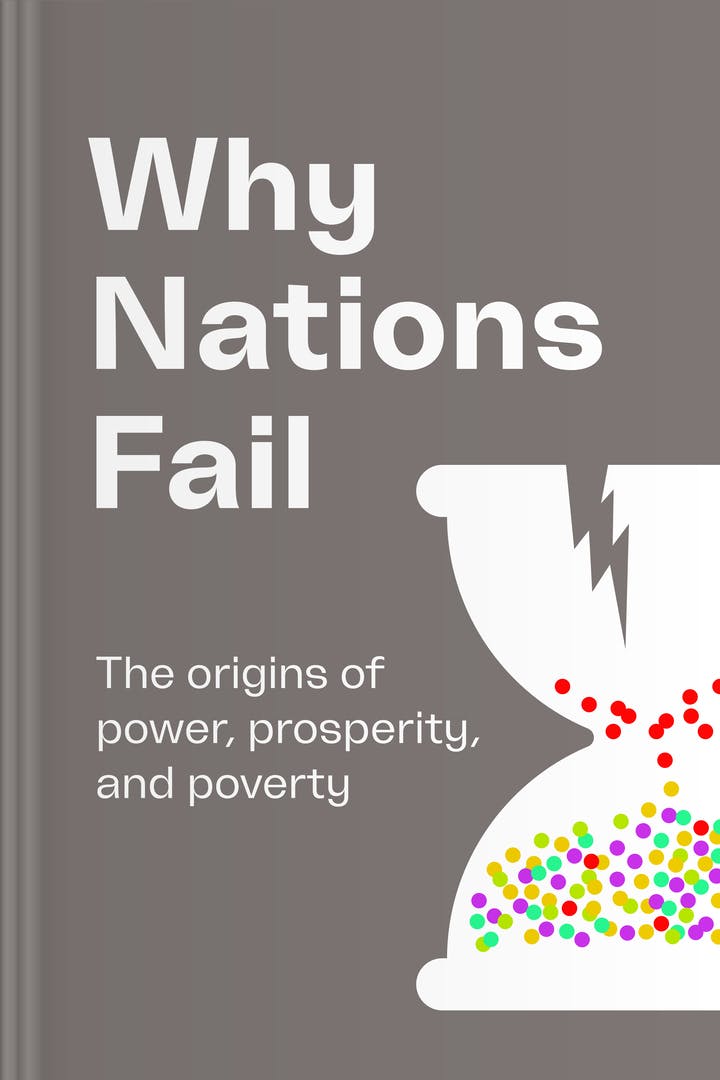 9
9Why Nations Fail
by Daron Acemoglu and James A. Robinson
What is Why Nations Fail about?
"Why Nations Fail" explores the factors that determine the success or failure of nations. Acemoglu and Robinson argue that inclusive political and economic institutions are crucial for long-term prosperity, while extractive institutions lead to poverty and stagnation. Through historical analysis and case studies, the authors examine the origins of power and the impact of institutions on societies, shedding light on the complex dynamics that shape the fate of nations.
Who should read Why Nations Fail
Economists and political scientists interested in understanding the roots of economic inequality.
Policy makers and government officials seeking insights into fostering inclusive growth.
Students and researchers studying the impact of institutions on development.
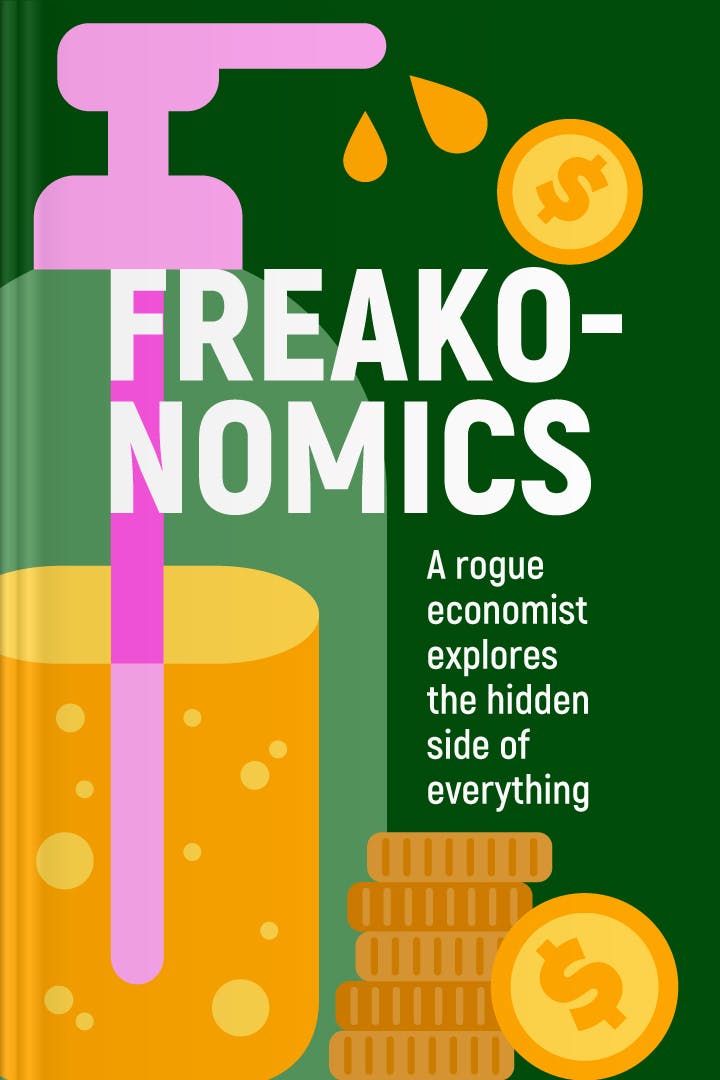 10
10Freakonomics
by Steven D. Levitt, Stephen J. Dubner
What is Freakonomics about?
In this thought-provoking book, an unconventional economist delves into the unexpected connections between seemingly unrelated phenomena. Levitt and Dubner explore the hidden side of various aspects of life, from crime rates and parenting techniques to the impact of names on success. With their unique blend of economics and storytelling, they challenge conventional wisdom and shed light on the surprising forces that shape our world. Prepare to have your assumptions challenged and your perspective on everyday life transformed.
Who should read Freakonomics
Economics enthusiasts seeking unconventional insights into everyday phenomena.
Curious individuals interested in understanding the hidden forces shaping society.
Anyone looking for a thought-provoking exploration of the unexpected connections in life.
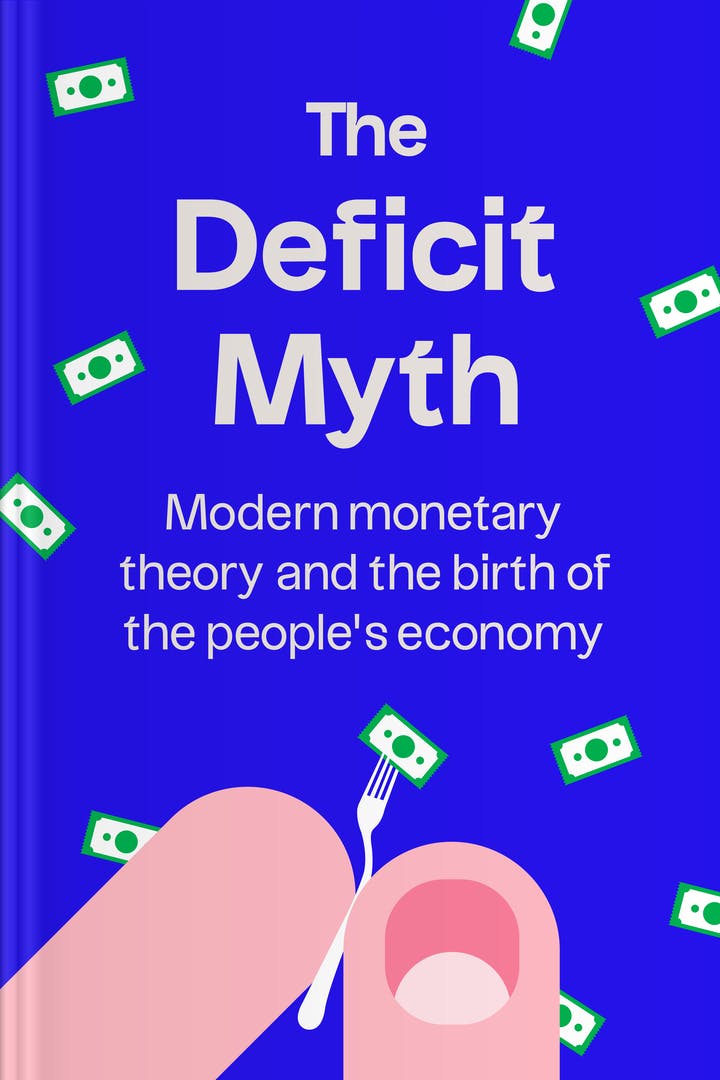 11
11The Deficit Myth
by Stephanie Kelton
What is The Deficit Myth about?
"The Deficit Myth" challenges conventional economic thinking by introducing Modern Monetary Theory (MMT) as a solution to the world's economic problems. Stephanie Kelton, an influential economist, argues that governments have the power to create money and that deficits are not inherently bad. She explores how MMT can be used to create a more equitable and sustainable economy that prioritizes the well-being of the people.
Who should read The Deficit Myth
Economists and policymakers seeking a fresh perspective on monetary theory.
Individuals interested in understanding the impact of government deficits.
Anyone curious about the potential for a new economic paradigm.
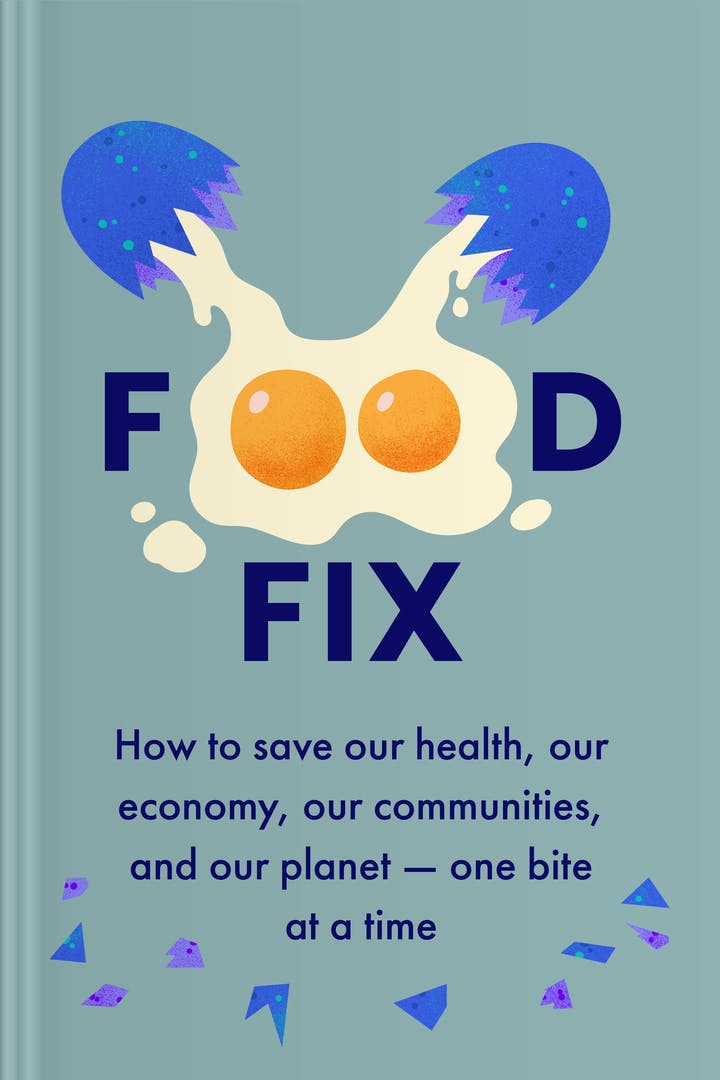 12
12Food Fix
by Dr. Mark Hyman
What is Food Fix about?
In "Food Fix," Dr. Mark Hyman presents a compelling argument for the urgent need to transform our broken food system. Exploring the detrimental effects of industrialized food on our health, economy, communities, and the environment, Hyman offers practical solutions to reclaim our well-being and create a sustainable future. With a focus on the power of individual choices, this book serves as a guide to making informed decisions about what we eat, ultimately leading to a healthier and more resilient world.
Who should read Food Fix
Health-conscious individuals seeking sustainable solutions for their well-being.
Economists and policymakers interested in the intersection of food and economy.
Environmentalists and community activists advocating for a healthier planet.
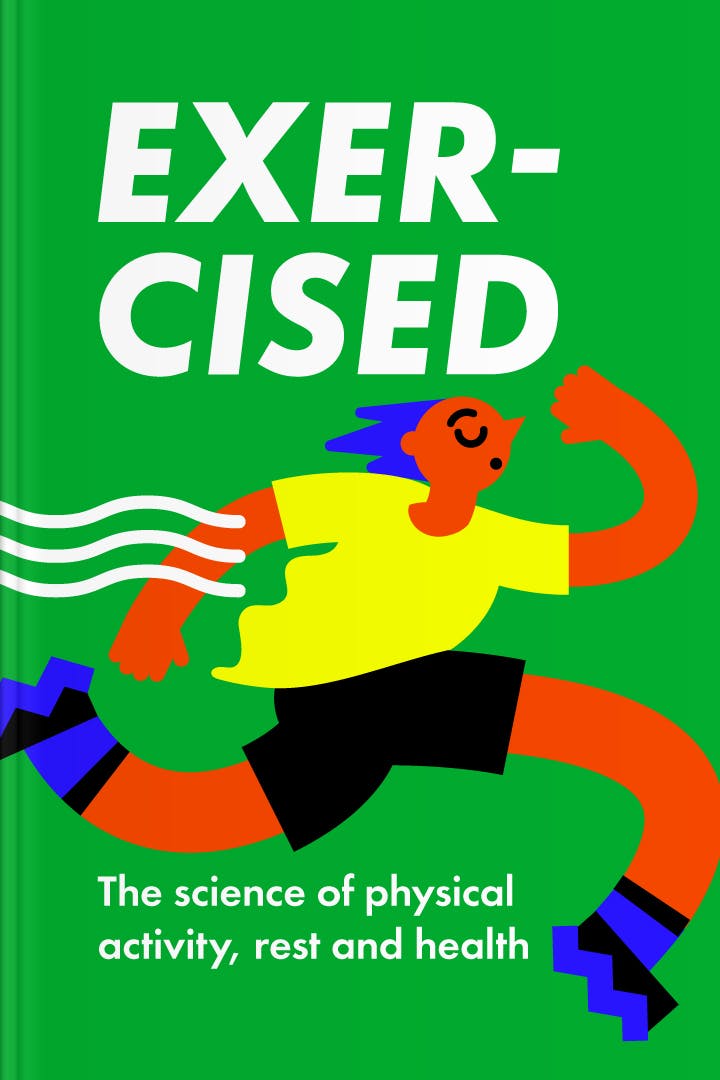 13
13Exercised
by Daniel Lieberman
What is Exercised about?
"Exercised" delves into the science behind physical activity, rest, and their impact on our overall health. Renowned author Daniel Lieberman explores the evolutionary roots of exercise, debunking common myths and shedding light on the benefits of movement. From the effects of sedentary lifestyles to the role of exercise in preventing chronic diseases, this book offers a comprehensive understanding of how exercise shapes our bodies and minds, providing valuable insights for leading a healthier and more active life.
Who should read Exercised
Fitness enthusiasts looking to deepen their understanding of exercise science.
Health professionals seeking evidence-based insights on physical activity and rest.
Individuals interested in optimizing their overall well-being through exercise.
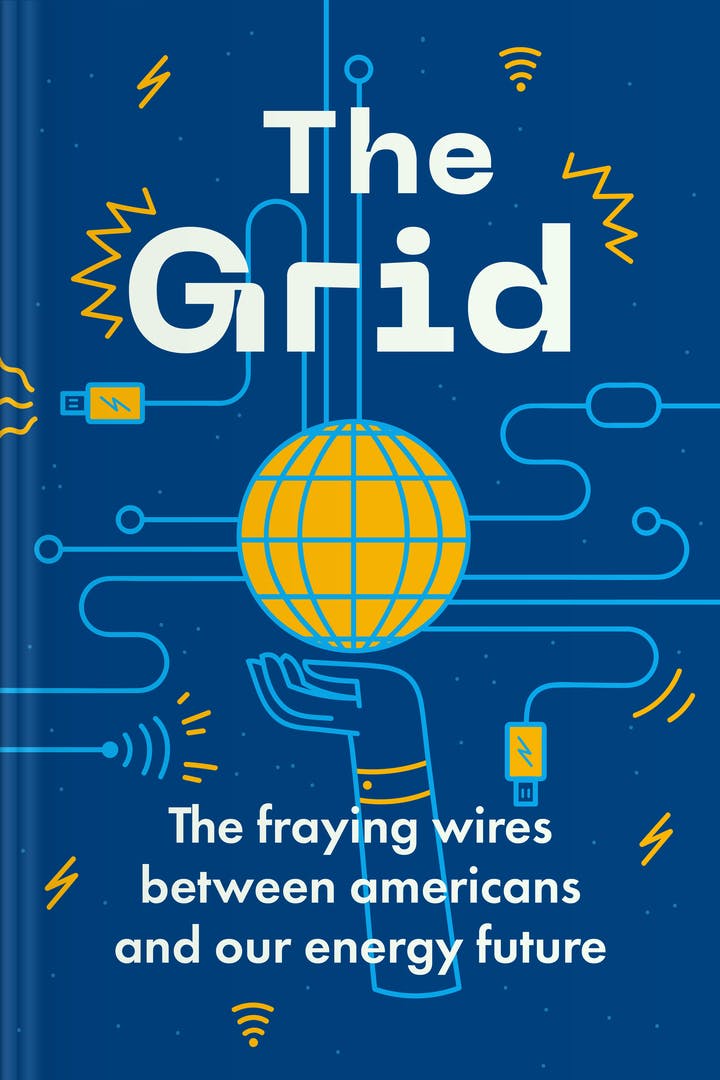 14
14The Grid
by Gretchen Bakke, Ph.D
What is The Grid about?
"The Grid" by Gretchen Bakke, Ph.D. explores the intricate relationship between Americans and our energy future. Bakke delves into the complex world of the electrical grid, examining its history, vulnerabilities, and the challenges it faces in the modern era. With a blend of engaging storytelling and insightful analysis, she highlights the fraying wires that connect us to our energy sources, shedding light on the urgent need for a sustainable and resilient energy infrastructure.
Who should read The Grid
Energy policymakers and industry professionals seeking insights into America's power grid challenges.
Environmentalists and sustainability advocates interested in the future of energy.
General readers curious about the complex relationship between Americans and energy.
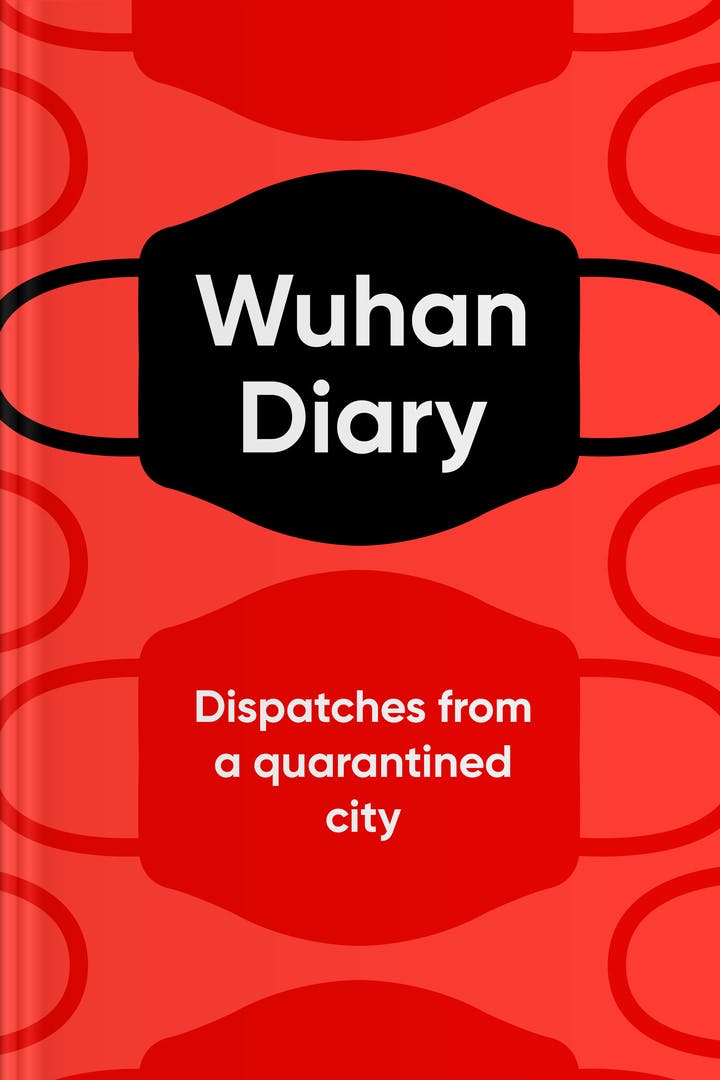 15
15Wuhan Diary
by Fang Fang
What is Wuhan Diary about?
"Wuhan Diary: Dispatches From A Quarantined City" is a poignant and intimate account of life during the COVID-19 lockdown in Wuhan, China. Written by Fang Fang, a renowned Chinese author, this book offers a firsthand perspective on the struggles, fears, and resilience of the city's residents. Through her daily journal entries, Fang Fang captures the emotional and physical toll of the pandemic, providing a powerful testament to the human spirit in times of crisis.
Who should read Wuhan Diary
Individuals interested in firsthand accounts of life during the COVID-19 pandemic in Wuhan.
Journalists and researchers studying the impact of the pandemic in Wuhan.
Readers seeking personal narratives that shed light on resilience and community spirit during challenging times.
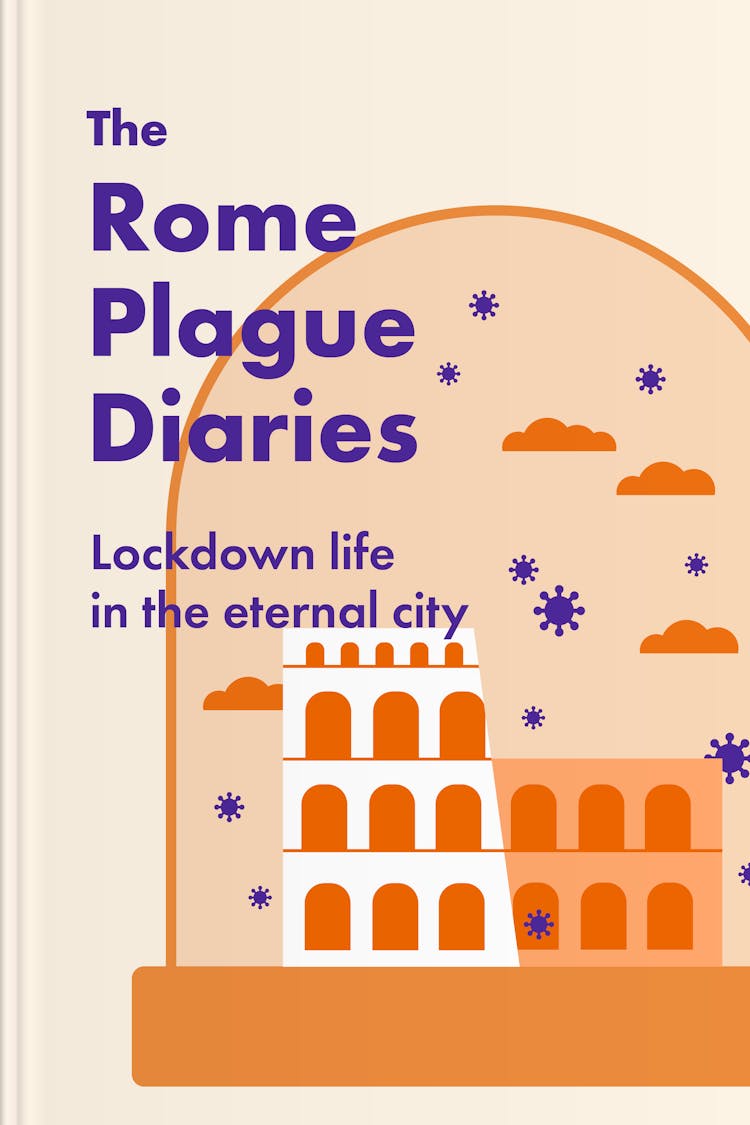 16
16The Rome Plague Diaries
by Matthew Kneale
What is The Rome Plague Diaries about?
"The Rome Plague Diaries: Lockdown Life in The Eternal City" by Matthew Kneale offers a captivating and intimate account of life in Rome during the COVID-19 pandemic. Through personal reflections and vivid descriptions, the author takes readers on a journey through deserted streets, empty piazzas, and the resilience of its inhabitants. This poignant and timely book captures the essence of a city grappling with fear, uncertainty, and the enduring spirit of its people in the face of a global crisis.
Who should read The Rome Plague Diaries
History enthusiasts interested in the impact of pandemics on ancient civilizations.
Travelers planning a trip to Rome and seeking a unique perspective on the city's history.
Individuals curious about personal experiences during the COVID-19 lockdown in Rome.
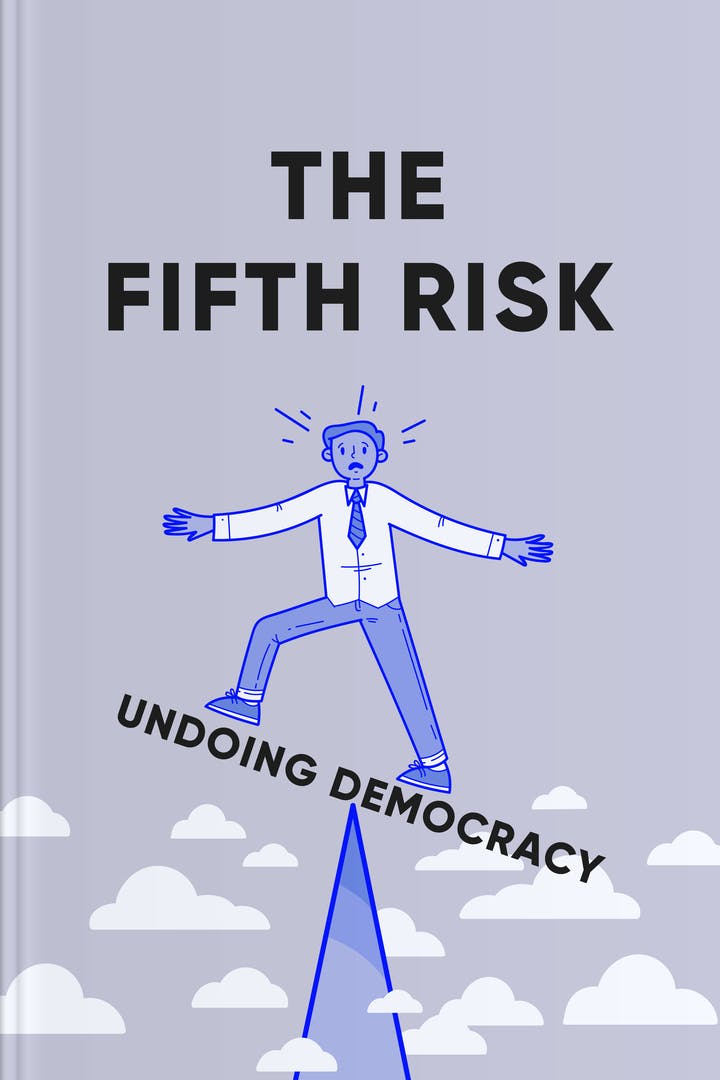 17
17The Fifth Risk
by Michael Lewis
What is The Fifth Risk about?
"The Fifth Risk: Undoing Democracy" by Michael Lewis is a thought-provoking exploration of the consequences of neglecting the vital functions of the US government. Through compelling narratives, Lewis exposes the risks posed by the Trump administration's lack of understanding and appreciation for the complex systems that ensure the safety and well-being of the nation. This eye-opening book serves as a wake-up call, urging readers to recognize the importance of competent leadership and the potential consequences of its absence.
Who should read The Fifth Risk
Politically engaged citizens seeking to understand the risks to democracy.
Government officials and policymakers concerned about the future of democracy.
Individuals interested in the inner workings and challenges of government.
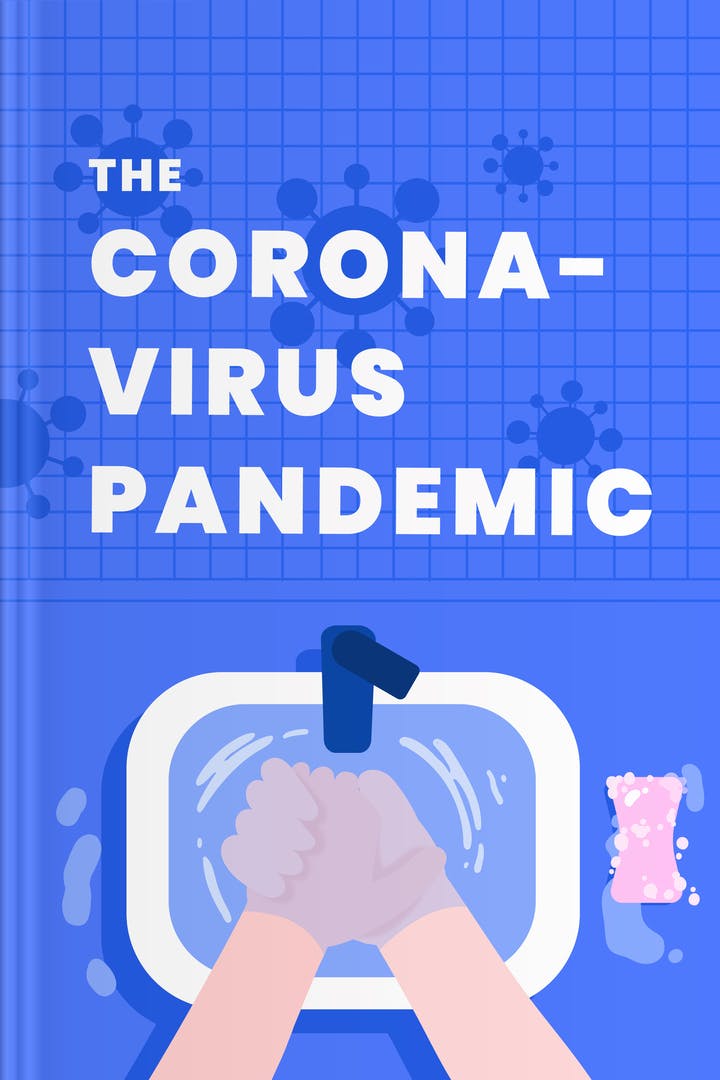 18
18The Coronavirus Pandemic
by Headway Editorial Team
What is The Coronavirus Pandemic about?
"The Coronavirus Pandemic" is a comprehensive guide that provides essential information about the SARS-CoV-2 virus, COVID-19 disease, and crucial safety measures. Written by the Headway Editorial Team, this book offers a detailed understanding of the pandemic, including its origins, transmission, symptoms, and prevention strategies. With clear and concise explanations, it equips readers with the knowledge needed to navigate these challenging times and protect themselves and their communities.
Who should read The Coronavirus Pandemic
Medical professionals seeking a comprehensive understanding of the coronavirus pandemic.
Individuals looking for reliable information on COVID-19 and safety measures.
Policy makers and government officials in need of evidence-based guidance.
